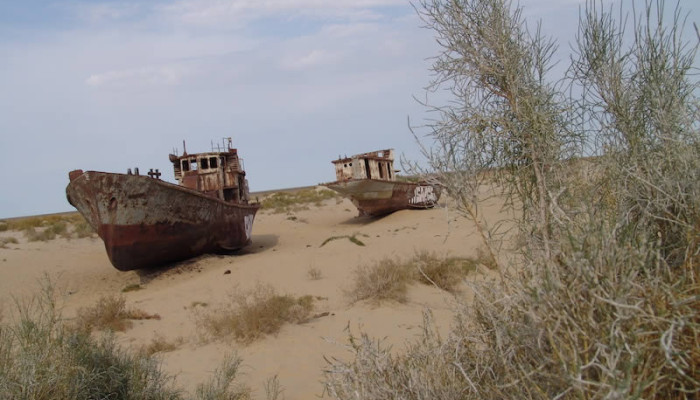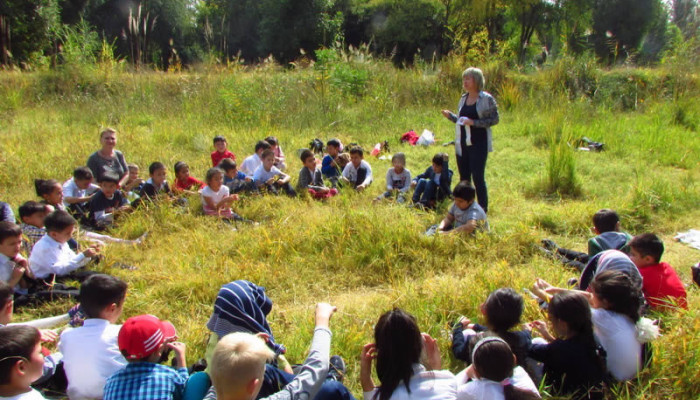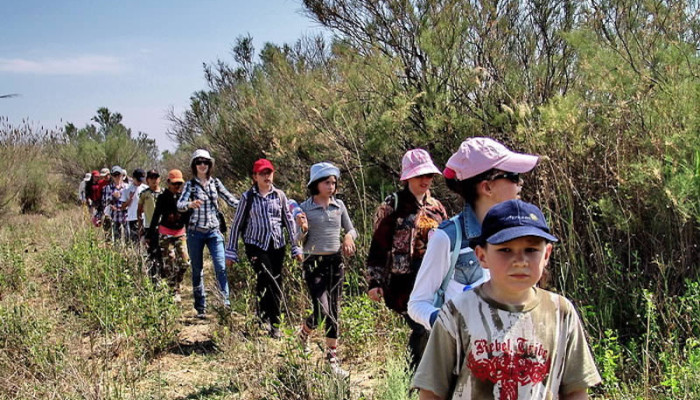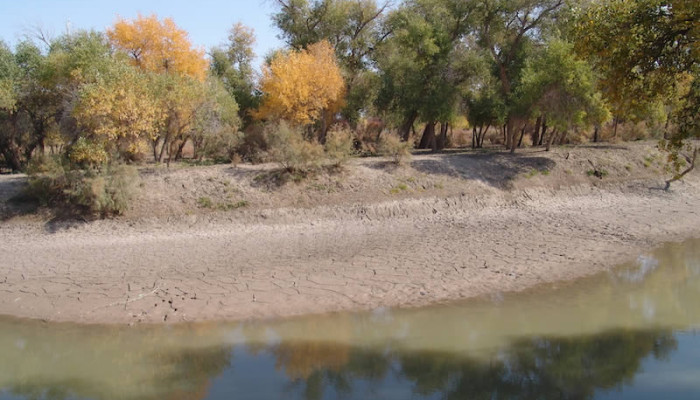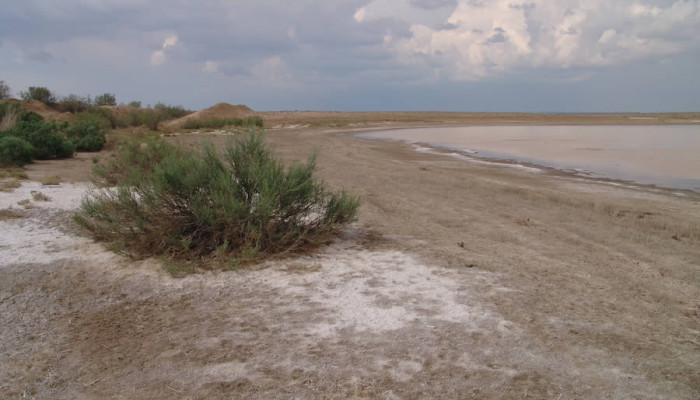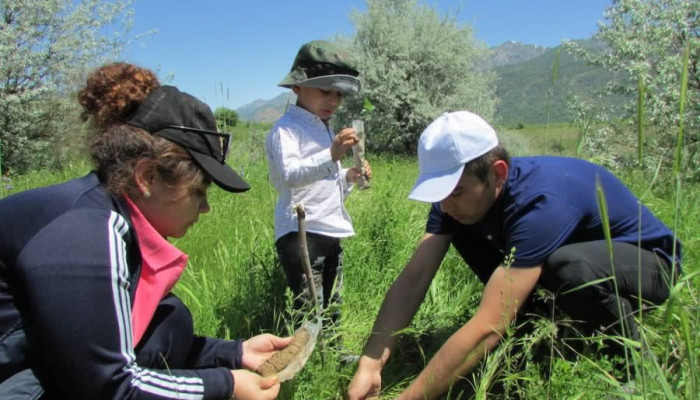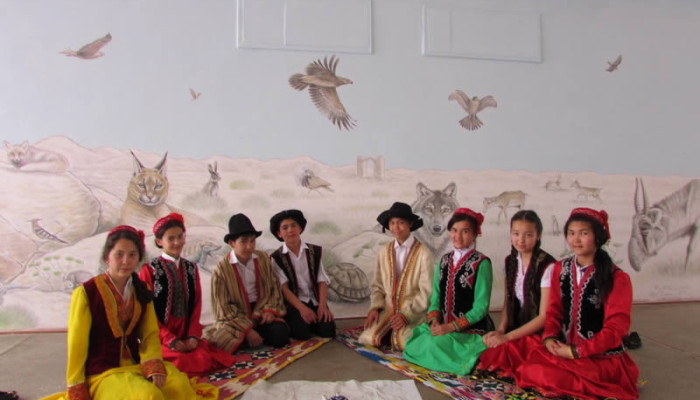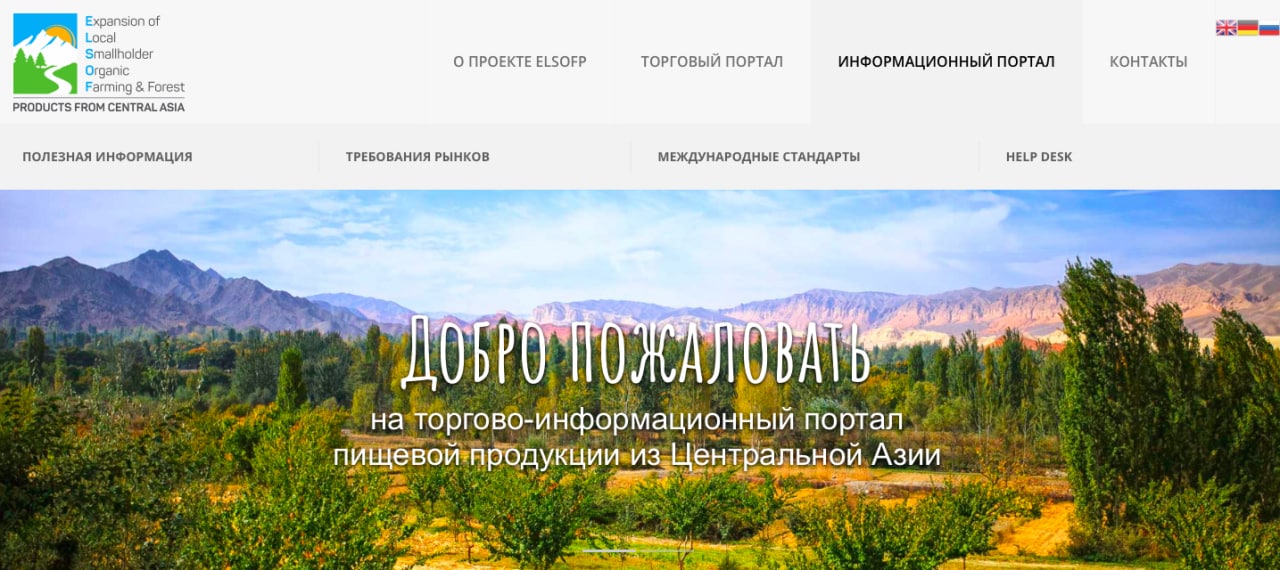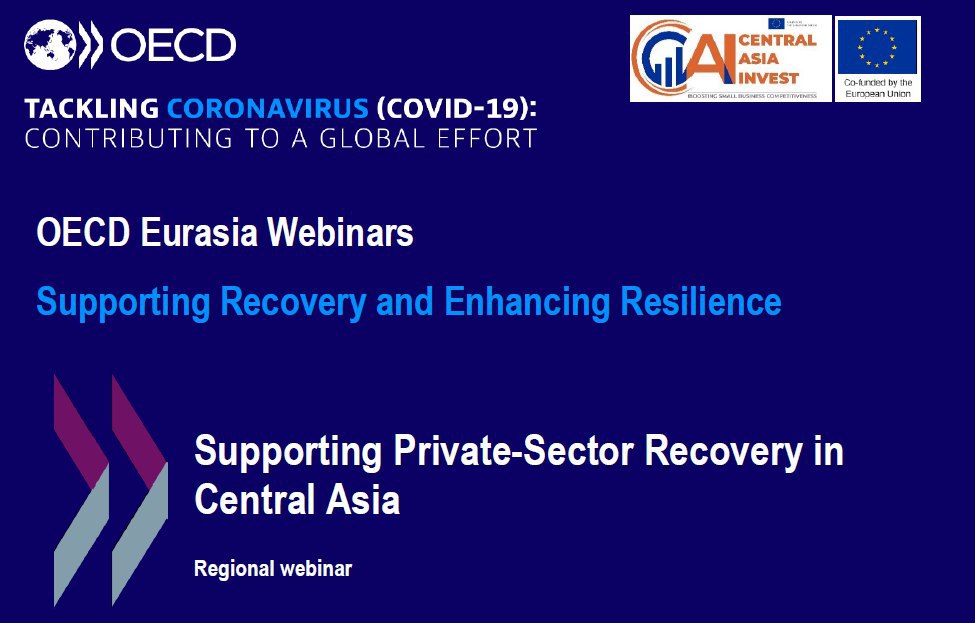
ELSOFP CA Project On-line Trade-Info Platform https://rural-cluster.org
- Наталья Шивалдова
- elsof en
- Hits: 24080
Dear on-line trade-info platform guest,
European Commission Central Asia Invest V Program financed “ELSOFP CA Project” team is pleasedto welcome you to our on-line trade-info platform. How and why we are different from other various portalsand platforms? We are free of charge, trade operations between CA and Europe are real, consultation andsupport are delivered on-time, accessible training materials anytime!
All the materials produced during the ELSOFP Project are accessible in a user-friendly
manner/language via on-line platform specially designed for farmers, producers, traders and all interestedand involved into sustainable natural resource management, production, trade as well as consultations,standards and export etc.
Platform Info part contains all the training, marketing, international standards, GI, export, and otheruseful materials, which can be accessed at any time free of charge. The advantage of such an approach is an eternal access any materials can be accessed by any users at any moment. Any of the materials can bedownloaded for free in an adapted to user needs "packages" formed by users themselves ("shopping-basket"principle), therefore avoiding bulky chapters/documents but forming "manuals" reflecting onlytopics/questions necessary to each individual.
Platform trade part contains vast product choice for traders, farm and forest unit’s location information for requested traceability by EU purchasers, option to form groups for Organic certification and get interesting offers and opportunities from producers, find farmers and NTFP producers and connect with them on-line and many more. Why ELSOFP CA Project developed such a platform?
- To increase professional capacities of smallholder producers and MSMEs
- To promote intra-regional and international trade
- To enable business environment for smallholder producers and agri-food MSMEs
ELSOFP Project insights:
Name: Expansion of Kyrgyz, Tajik and Uzbek Local Smallholder Organic Farming and
Forest-based food products to EU Markets
Duration: 01/01/2020 – 31/12/2022
Location: Kyrgyzstan: Batken, Jalal-Abad, Osh and Talas regions
Tajikistan: Khatlon and Sughd regions
Uzbekistan: Andijan, Fergana, Jizzakh, Namangan, Samarkand, Sirdarya, Tashkent
Regions
The project aims to:
- Boost the competitiveness of micro, small and medium enterprises (MSMEs) in the agri-food sector ofKyrgyzstan, Tajikistan and Uzbekistan through increasing the efficiency and sustainability of production and processing of food products from smallholder farming and forest management operations
- Promoting the sustainable management of natural resources, through organic production practices, which reduce adverse impacts on climate change and enhance natural biodiversity.
- Establishing sustainable high-quality value chains for Central Asian food products to EU markets through improving collaboration and coordination of stakeholders along the value chain, particularly of smallholder producers, food processing/manufacturing enterprises and traders to EU markets.
- Strengthening enabling environments for local agri-food and forestry systems through promotingcertification of selected food products in line with market and relevant food hygiene requirements.
- Increasing the capacity of local advisory services, and support gender equality and sustainable economic development.
Please explore full potential of platform, by visiting: https://rural-cluster.org and follow us on Facebook For more detailed information, please attend our on-line ZOOM event on 4th of November 2020 – program attached
Thank you for your time and collaboration!
On behalf of EU CAI V Program Financed ELSOFP CA Project Consortia






